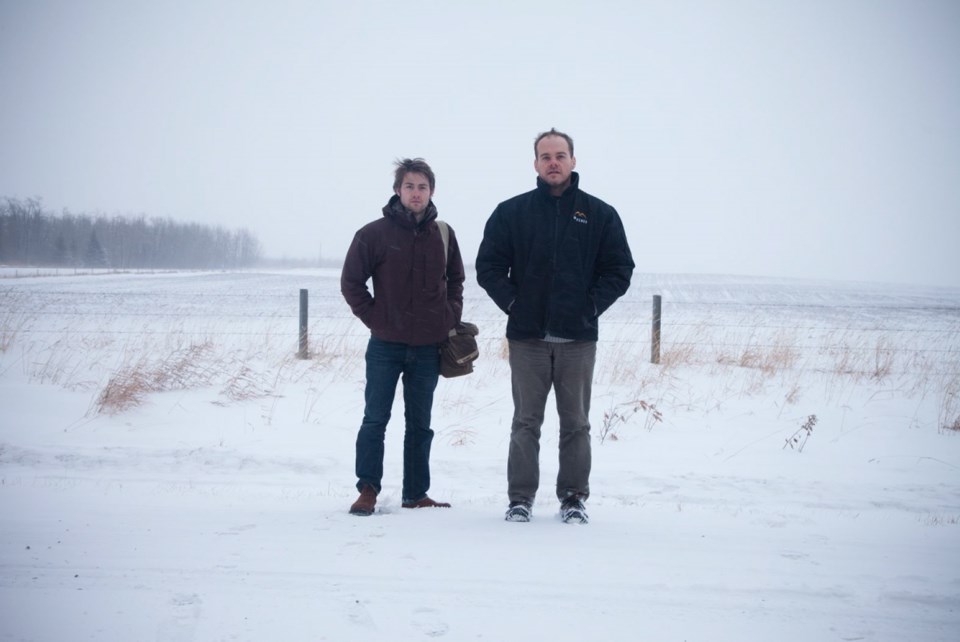The notion of living “off the grid” is a romantic ideal to some and a nightmare to others.
But for one Royal Roads University professor, who travelled the country to meet 200 people who have unplugged in favour of more independence, it’s a lifestyle that holds practical promise for the future.
Phillip Vannini said he wanted to see what self-sufficiency looks like in each province, given the world’s limited resources.
“We’re fearful, we’re anxious that we’re going to have to make a lot of sacrifices. We hear that seven billion people can’t live as luxuriously as we do [for much longer] and that we will need to rely more on renewable energy,” he said.
“So for me, taking a look at the homes of people who rely on renewable energy today, in a sense, it means taking a look at the lifestyle that many of us will need to deal with tomorrow.”
Vannini defines off-the-grid in the same way the federal government does, as a home that isn’t connected to natural gas or electricity infrastructure. But in addition to generating their own heat and power, Vannini said the people he met were supporting themselves in many other ways, from growing their food to disposing of their sewage.
Vannini, who teaches cultural studies and ethnology, invited his student Jonathan Taggart, a photojournalist, along for the ride. The pair made a documentary, which will screen for free at Royal Roads on Monday at 11:15 a.m., and published a book that was released last week.
The journey started for Vannini in 2010, when he moved to Gabriola Island after living in towns and cities most of his life. He wanted a slower, quieter life, but it also happened to come with other adjustments, like using a well instead of a municipal water system. Without knowing exactly how much water was in the well, conservation became a priority.
“For the first time in my life, I could no longer turn on the tap and take water for granted,” he said.
“Within months of moving here, it really dawned on me that the resources that make our day-to-day existence possible are really limited.”
Vannini is not fully off the grid, since he’s still connected to B.C. Hydro, but it was an experience that made him want to explore the topic more thoroughly.
Vannini and Taggart were able to contact most of their subjects through phone or email. In some cases, instead of an address, they were given map co-ordinates and had to travel by bush plane to meet them.
The most isolated couple lived in northern Saskatchewan, at least 100 kilometres from the nearest road. Now in their 60s, they take flights from their home into town twice a year.
But others were closer to the population. In the Yukon, off-grid living is the norm, Vannini said. The people he met included architects who wanted to build their own homes, single women who wanted to challenge themselves and middle-class families who take the school bus in the morning.
“[The majority] have all the comforts and conveniences, sometimes differently organized, that make modern life in Canada possible. These are not wingnuts or oddballs or bush hippies or rebels running from the law,” he said.
Commonly, Vannini’s subjects didn’t plan to go off-grid. But they fell in love with a piece of property and later learned the nearest hydro pole was half a kilometre away, which would mean prohibitive energy costs. Instead, they went without or installed their own system such as a water mill to generate power at a fraction of the price.
Living off-grid can mean developing traditional skills, as well as innovating new technologies. “It’s actually quite complicated at first, but the simplicity comes from how genuine life can be. How much you appreciate the little things, how your expectations change and you are happy with less,” Vannini said.
Vannini took away a positive message. “Even though it’s not for everyone and even though it won’t be a global solution, living with renewable energy is feasible and it actually allows for a pretty good life.”



